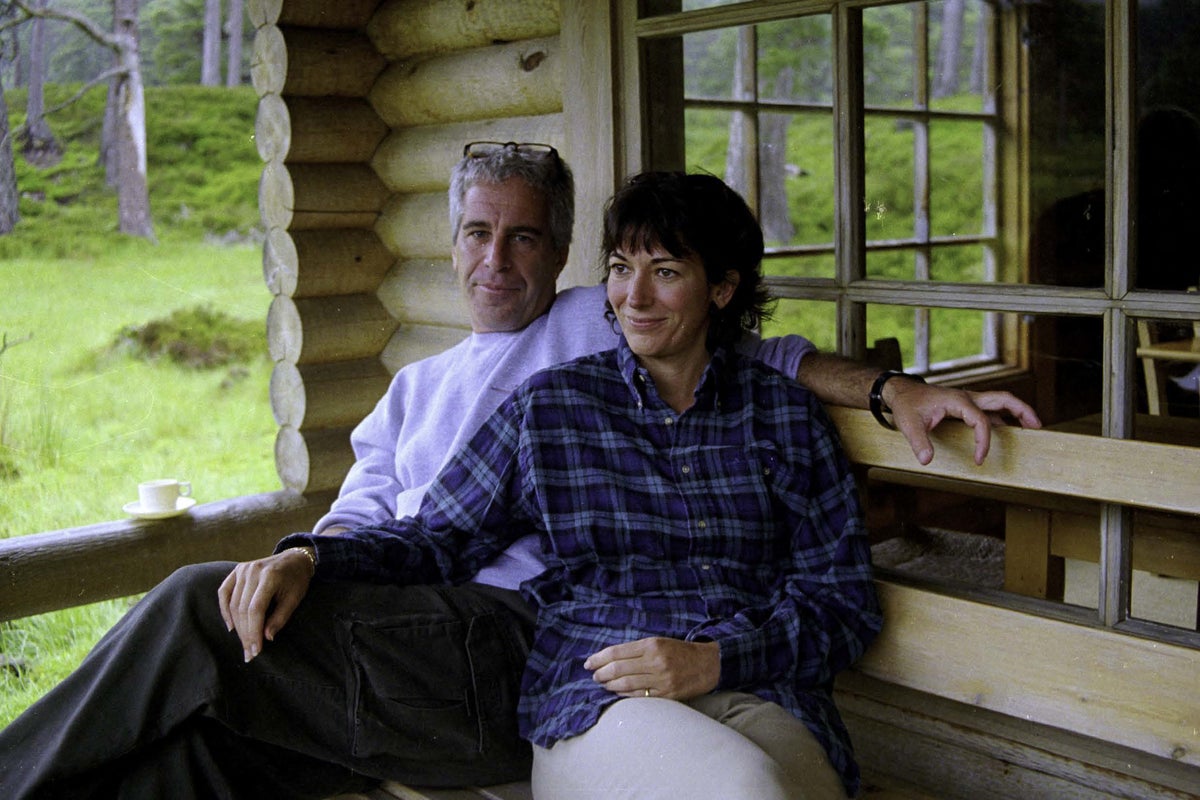Great Ormond Street Hospital (GOSH) has been criticised by the NHS watchdog for using doctors’ assistants to fill its surgical rota.
GOSH, one of the world’s leading children’s hospitals, had resorted to using physician associates (PA), now called doctors’ assistants, to fill gaps for registrars due to short staffing, the Care Quality Commission (CQC) found during an inspection in October 2024.
In addition to concerns over the use of PAs to cover during times of short staffing, the CQC found that the trust also had a shortage of nurses trained to carry out tracheostomies, leaving only one trained nurse available to work during some shifts.
Widespread controversy over the use of physician associates by the NHS was subject to a national review earlier this year, following the death of Emily Chesterton in 2022.
She died from a pulmonary embolism after being misdiagnosed twice by a physician associate, who she believed to be a doctor, at her GP surgery in north London.
Following the Leng review into the use of PAs, the government accepted the recommendations, which included that PAs should be renamed and only see patients in limited circumstances.
The CQC’s inspection of GOSH, the results of which were published last month, was triggered by concerns over the care of hundreds of children by orthopaedic surgeon Yaser Jabbar, who was accused of carrying out botched surgeries.
Last year, GOSH launched a review of the care of 723 children treated by Mr Jabbar, following concerns raised by parents and the Royal College of Surgeons. Of the cases reviewed so far, 22 children were found to have come to harm, including amputations which might have been avoided and injuries that left them with lifelong pain.
The CQC’s inspection report does not make statements about the surgeon’s case; however, its inspection of the department cited concerns over “governance” and “surgical accountability and oversight” at the trust.
The report said: “A key area of risk identified was the safe staffing levels within surgical services. Reports indicated that physician associates (PAs) were being used to fill registrar rota gaps.
“When this took place, they reported directly to a named consultant and could seek additional clinical support from senior registrars or fellows as required. Additionally, there were concerns regarding the availability of tracheostomy-trained nurses, with incidents where only one trained nurse was present during shifts, limiting safe break coverage.”
In response to concerns around staffing, the trust began a recruitment drive, with new nurses in training and temporary staff cover arranged where required. However, at the time of the assessment, gaps remained in some key areas, particularly within ear nose and throat and urology services.
In response to the CQC’s concerns around staffing, a spokesperson for Great Ormond Street Hospital said patient safety was its top priority.
It said: “Physician associates are a valued part of our multidisciplinary team – they are assigned daytime shifts within a specific physician associate roster and are always supported by at least one consultant. In the event of sickness, the entire team adapts to provide the necessary cover to ensure we provide the best possible patient care.
“This is always with appropriate supervision and in line with Trust policy.”
The news comes as the government faces ongoing strikes from resident doctors across England over pay and a lack of specialist training posts for doctors, following a five-day walkout last month that saw thousands of staff take action.
The British Medical Association, which represents resident doctors, has previously used pay comparisons between PAs and resident doctors as part of its argument on why pay for its members should be raised.
Last week, the BMA also warned that thousands of resident doctors, formerly called junior doctors, would not get specialist training jobs once they finish their initial two years training, with around 30,000 doctors competing for 10,000 posts.




